A horse-trader’s son from the town of Chuguyev (Chuhuiv), in modern-day Ukraine, Ilya Repin rose to become the most influential Russian painter of the late 19th century. This major survey includes some 180 paintings and more than 130 graphic works, showing how he adapted the European vogue for realist painting to distinctively Russian themes, presenting Russian society in all its complexity and often tacitly criticising the corruption of the elite. Find out more from the State Tretyakov’s website.
Preview the exhibition below | View Apollo’s Art Diary here
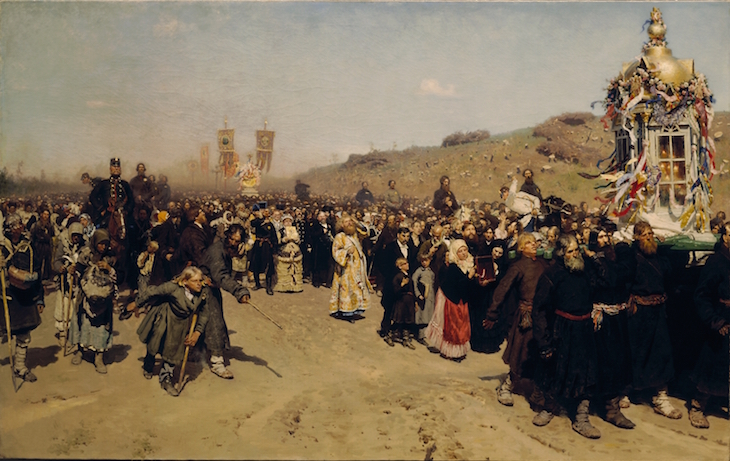
Religious Procession in Kursk Governorate (1881–83), Ilya Repin. State Tretyakov Gallery, Moscow
Many of Repin’s best-known paintings offer an acerbic take on the social hierarchies of church and state in Russia in the 19th century. This work depicts the procession of an icon, borne by a group of pious peasants on the right-hand side; behind them wanders a priest, slicking back his hair, while to the right state officials on horseback beat back the crowd.
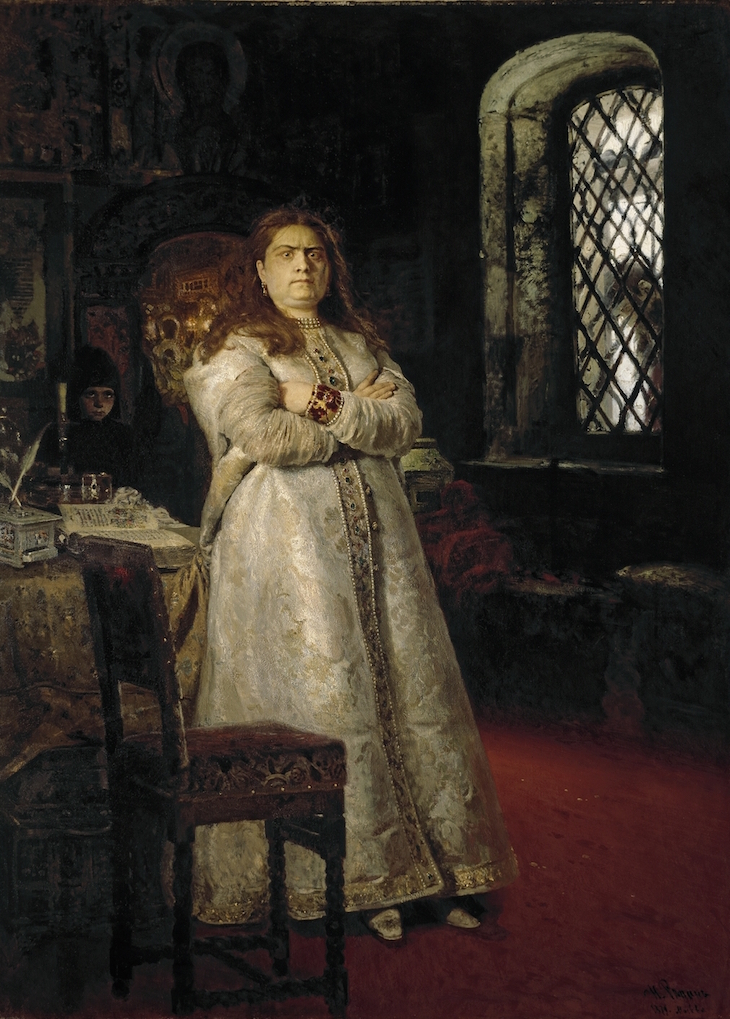
Princess Sofia Alexeyevna a Year after her Incarceration in the Novodevichy Convent during the Execution of the Streltsys and the Torturing of All Her Servants in 1698 (1879), Ilya Repin. State Tretyakov Gallery, Moscow
Sofia Alexeyevna ruled Russia as regent with iron hand from 1682 to 1689. After Peter I came of age to take the throne, she withdrew to the Novodevichy Convent; ten years later, when the tsar was absent from the country, members of the Russian military attempted to reinstate her. This historical portrait by Repin depicts the would-be tsarina a year after this rebellion had been crushed, with the corpse of an insurgent suspended in front of Sophia’s window.
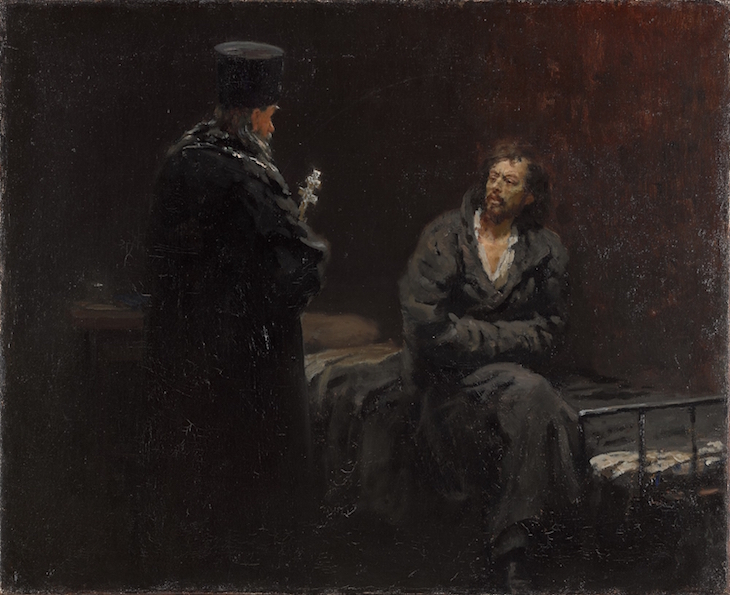
Refusal of Confession (1879–85), Ilya Repin. State Tretyakov Gallery, Moscow
An intellectual forerunner to the Russian revolution, the Narodnik movement of the 1860s and ’70s sought to overthrow the tsardom and distribute the land among the peasantry. It also rebelled against the Orthodox Church; in this painting, Repin depicts a jailed dissident, refusing to confess his sins before a priest.
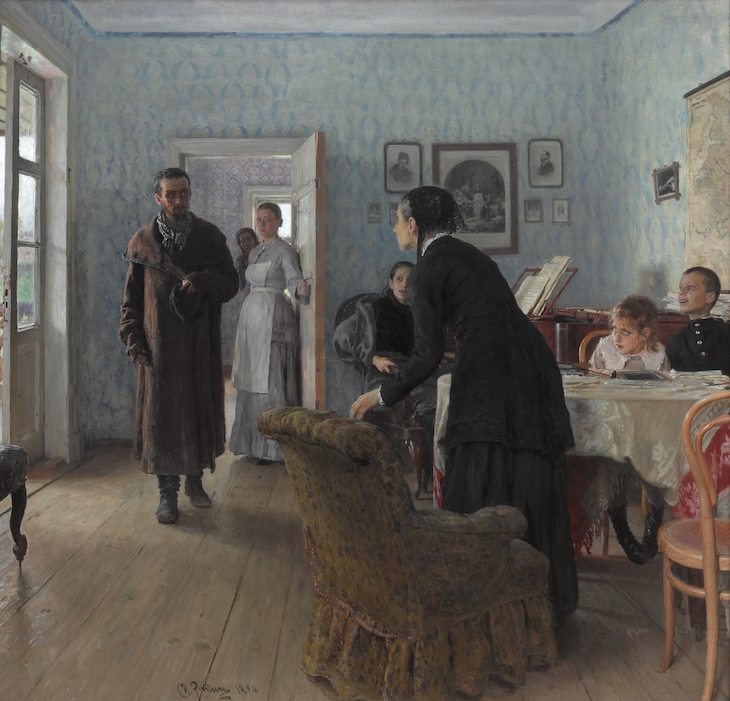
They Did Not Expect Him (1884–88), Ilya Repin. State Tretyakov Gallery, Moscow
Repin was a master at capturing moments of high psychological drama, in works that also spoke to the experience of Russian society at large. They Did Not Expect Him captures a moment of apprehensive silence that descends on a rural family as an exiled son returns home. In the Russian empire at the time, neither the political prisoners sent to Siberia nor their families were given much inkling of when – or if – they might return home.




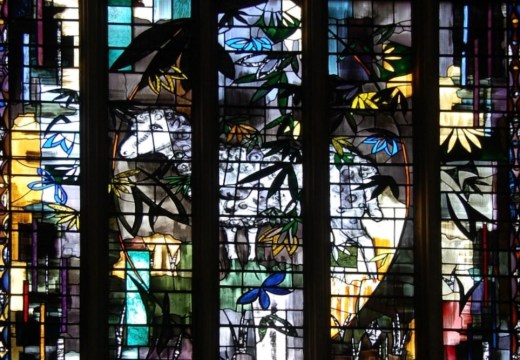


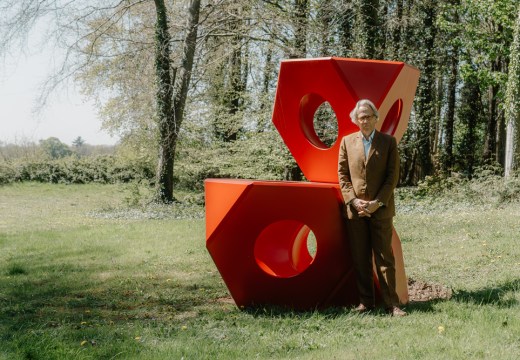

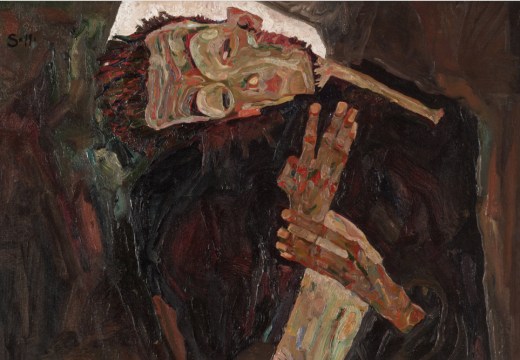

![Masterpiece [Re]discovery 2022. Photo: Ben Fisher Photography, courtesy of Masterpiece London](https://apollo-magazine.com/wp-content/uploads/2022/07/MPL2022_4263.jpg)
‘A revolutionary flame burned bright within him’: David Bindman (1940–2025)